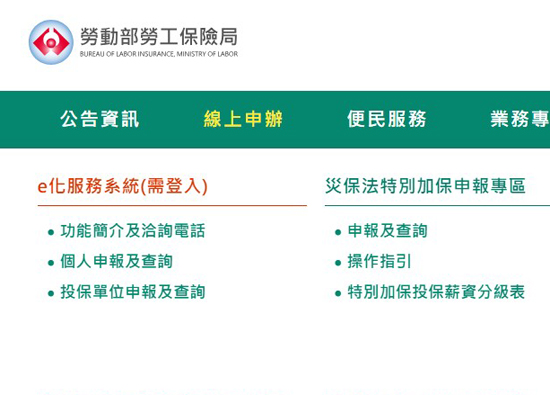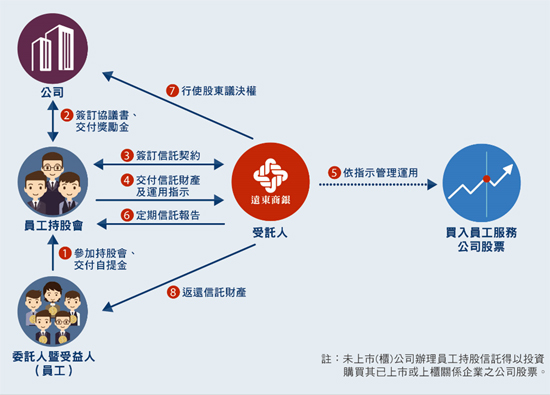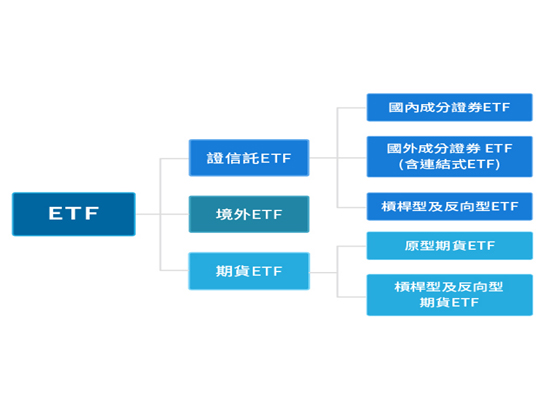05.2024 Life Guide
Does the change in local policies constitute a change in circumstances under contract law?
Far Eastern New Century Corporation (China) Investment / Dai Siyuan


 The purpose of signing a contract is mainly to clearly define the rights and obligations of both parties. However, in the process of enterprise operation, various risks and changes are inevitable. If one party suddenly encounters a major force majeure event during the contract period, can we apply for termination of the contract based on this? Listen to what legal experts say!
The purpose of signing a contract is mainly to clearly define the rights and obligations of both parties. However, in the process of enterprise operation, various risks and changes are inevitable. If one party suddenly encounters a major force majeure event during the contract period, can we apply for termination of the contract based on this? Listen to what legal experts say!1、 Case Introduction
From October 2010 to October 25, 2014, the plaintiff Li Zongming and the defendant Huasen Group had multiple transactions in coal business. Li Zongming supplied coal to Huasen Group, and the two parties signed multiple contracts. The contract names were either "Industrial Product Sales Contract" or "Industrial and Mining Product Purchase and Sales Contract", all of which made provisions on product names, quality requirements, technical standards, and other matters. At the same time, it was agreed that the delivery location was within the demand party's factory, and the supplier should issue special invoices and transportation invoices with value-added tax.
In 2014, Huasen Group was listed as a pollution control enterprise by the government and was unable to put a batch of coal that had already arrived into production and use. Therefore, payment for coal was stopped, and the contract was terminated and the batch of coal was returned. Li Zongming sued Huasen Group for not paying RMB 3517906.42 for coal.
2、 Controversy Focus
Can Huasen Group be exempted from payment liability based on the contract law rules of "force majeure" or "change of circumstances" when it proposes to "carry out an action plan for air pollution prevention and control by the government to carry out environmental protection treatment for enterprises throughout the city, and its company is included in the scope of rectification and ordered to stop production"?
3、 Key points of the judgment
"Force majeure" refers to objective circumstances that are unforeseeable, unavoidable, and insurmountable. The parties to a contract must meet the following conditions: 1. The occurrence of unforeseeable events; 2. No matter what measures are taken, it cannot be avoided; 3. The consequences cannot be overcome and there is no way to prevent them.
In this case, the defendant Huasen Group operates a production business and should ensure that all production activities comply with environmental requirements. Any actions that do not meet environmental requirements should be foreseen and measures taken to avoid, prevent, or overcome the corresponding consequences. Due to the government's implementation of air pollution prevention and control actions, its company has been included in the scope of rectification and ordered to stop production. This is not an unforeseeable, unavoidable, and insurmountable objective situation, and does not constitute a force majeure event as stipulated above. Therefore, the defendant Huasen Group cannot be exempted from its payment obligation.
In addition, Huasen Group cites Article 26 of the Interpretation of the Supreme People's Court on Several Issues (II) (now Article 533 of the Civil Code) - "After the formation of the contract, if there is a significant change in objective circumstances that the parties could not have foreseen at the time of signing the contract, which is not caused by force majeure and does not belong to commercial risks, and continuing to perform the contract is obviously unfair to the parties or cannot achieve the purpose of the contract, and the parties request to modify or terminate the contract, the people's court shall determine whether to modify or terminate the contract based on the principle of fairness and the actual situation of the case.". However, the court in this case believes that the Linyi City Air Pollution Prevention and Control Action Plan appears to be a policy change on the surface, but in essence, it is a specific implementation of national policies. There are no new restrictions set by itself, and it cannot constitute a change in circumstances in the Contract Law. Since the plaintiff has provided coal to the defendant Huasen Group and transported it to the defendant's location, Huasen Group should pay the plaintiff for the goods. The defendant's defense claim that the plaintiff should retrieve the remaining coal and should not assume payment obligations is not accepted.
4、 Legal basis
Article 180 (Force Majeure) of the Civil Code of the People's Republic of China stipulates that if civil obligations cannot be fulfilled due to force majeure, civil liability shall not be assumed. If there are other provisions in the law, they shall prevail. Force majeure is an objective situation that is unforeseeable, unavoidable, and insurmountable.
Article 590 (Force Majeure) of the Civil Code of the People's Republic of China stipulates that if one party is unable to perform the contract due to force majeure, the liability shall be partially or entirely exempted based on the impact of force majeure, except as otherwise provided by law. If the contract cannot be fulfilled due to force majeure, the other party shall be notified in a timely manner to mitigate potential losses to the other party, and proof shall be provided within a reasonable period of time. If force majeure occurs after the delay in performance by the parties, their liability for breach of contract shall not be exempted.
Article 533 (Change of Circumstances) of the Civil Code of the People's Republic of China stipulates that after the formation of the contract, there is a significant change in the basic conditions of the contract that the parties could not have foreseen at the time of signing the contract and was not considered a commercial risk. If the continued performance of the contract is obviously unfair to one party, the affected party may renegotiate with the other party; If consultation fails within a reasonable period of time, the parties may request the people's court or arbitration institution to modify or terminate the contract. The people's court or arbitration institution shall modify or terminate the contract based on the principle of fairness, taking into account the actual situation of the case.
5、 Case inspiration
The principle of "change of circumstances" is one of the principles of Contract Law, which has a wide and complex connotation. The trial court often determines whether the corresponding facts of the case constitute a change of circumstances based on the specific situation of the case, to prevent market entities from evading the obligations stipulated in the contract on the grounds of constituting a change of circumstances.
The above sales contract dispute is related to whether cement manufacturers can demand the return of coal that has been purchased but not used due to changes in local air pollution prevention and control policies; But in fact, the change in local policies is only a specific implementation of national policies, not a new set of restrictions, so the judge handling the case refused the plaintiff's request. However, for enterprises, there are always various risks in the business process. When the situation is unforeseeable and does not belong to commercial risks, they may consider requesting the termination of the contract through the "change of circumstances" contract law rules to free themselves from the heavy but difficult to fulfill burden.
*Image source: Freepik
#




















